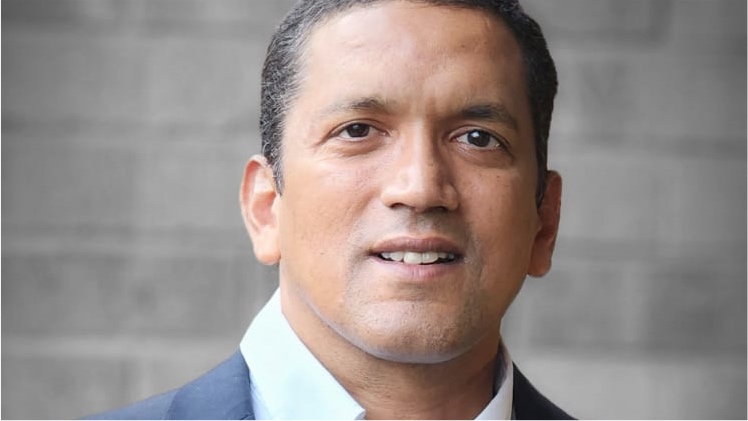INTERVIEW | “Whichever big new wave rolls in over the financial industry, it seems that the actual learning only comes after three years – be it distributed ledger technology, central bank digital currency, artificial intelligence, or any other new concept.”
Looking back at the past five years in securities post trade, analyst Vinod Jain of Datos Insights reflects on the not-all-simple relation between experience and wisdom.
PostTrade 360° Copenhagen on 11–12 October 2023 will mark the five-year celebration of the brand. Vinod Jain crosses the Atlantic to join, to present his map of post-trade DLT. This five-year review interview is the first one we publish, as part of a series. Find the conference website here.
“When DLT all started, we were thinking ‘the intermediaries will all go away and no reconciliation will be required’. Now we realise that all those benefits are not actually there. It just takes time to adopt it. On artificial intelligence, the way it was being envisioned earlier, before ChatGPT, was very different from what we are looking at today.
My 5-year observations
Vinod Jain, Senior Analyst, Datos Insights
• The digitalisation of processes, including extraction of unstructured data and the impact of the pandemic.
• The learnings from forceful market events: the Robinhood episode, central bank digital currencies, tokenisation, artificial intelligence, etc.
• The struggles to form an efficient financial environment via regulation such as for private markets and cryptocurrencies, in parallel to the well-established market for public securities.
And it even goes for learnings from market events like Robinhood [the ‘meme stock’ turbulence in early 2021] where it took time to really understand what they were trying to do in that business model over there. In cryptocurrencies, there was initial euphoria about this being the currency, and a big lobby pushed by the cryptocurrencies market saying this is the future of currency. But then the learning comes across that the scalability and adaptability needs a regulatory environment.”
“A major achievement”
Asked to sum up the period in bullet points, Vinod Jain first turns to the progress in digitalisation.
“The effort which has been put into the cybersecurity, compliance, and surveillance part has been tremendous – and the whole digitalisation wave with it. The first part is how so much information is being generated across the industry. Then, related to that, we see how unstructured information is getting aligned to structured data. I think that’s a major achievement for the industry: how the digitalization combined with the unstructured data can serve various purposes to create competitive advantage: such as for analytics, for surveillance, or for insights,” says Vinod Jain.
The mentioned learnings – albeit delayed – from impactful market events make for the second point on his list. With these, he includes the market swings, where the price surges after the covid crisis fooled some asset managers that growth would settle at higher rates.
“Having realised 20–25 percent over a year, many funds such as pension funds had extra cash that they thought they could run a lot of big projects with. But then the realisation comes in when the market turns the other way. Now, they are back in their more conservative mode, as before the pandemic.”
Private markets maturing
Then, notably, he sees signs of progress in regulations, especially around private markets, interesting enough to deserve their own slot.
“In the public market we have the stock exchanges, clearinghouses, central securities depositaries, custody banks and all these established players. If you want to develop the private market, you need to have the same types of players in that segment to ensure the scalability. the transparency so the regulators can understand that market, and an easier transition for the issuers when they want to move into the public market. Still, it is completely unstructured.”












